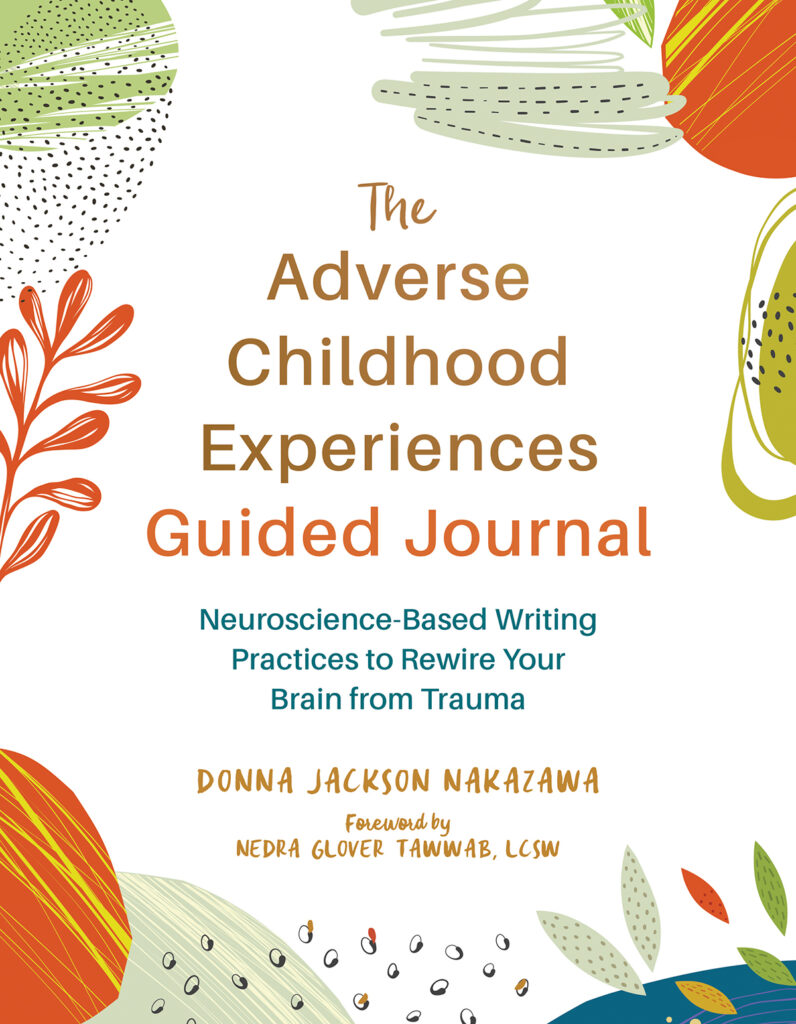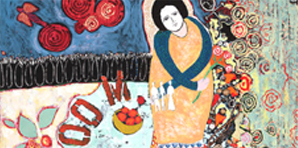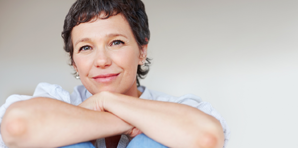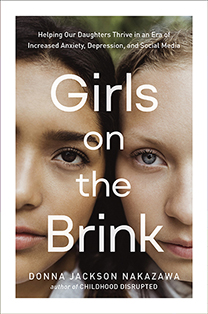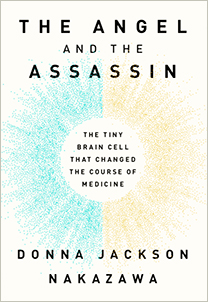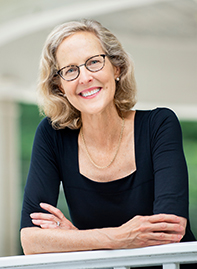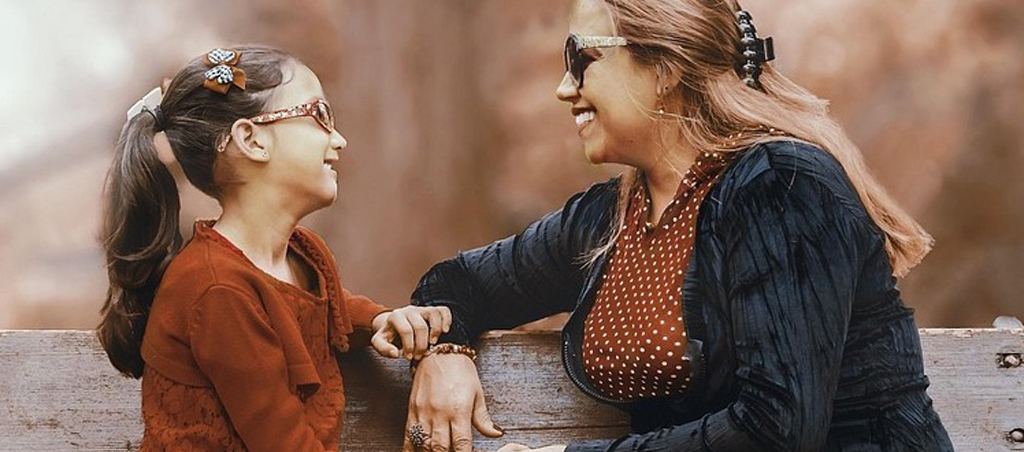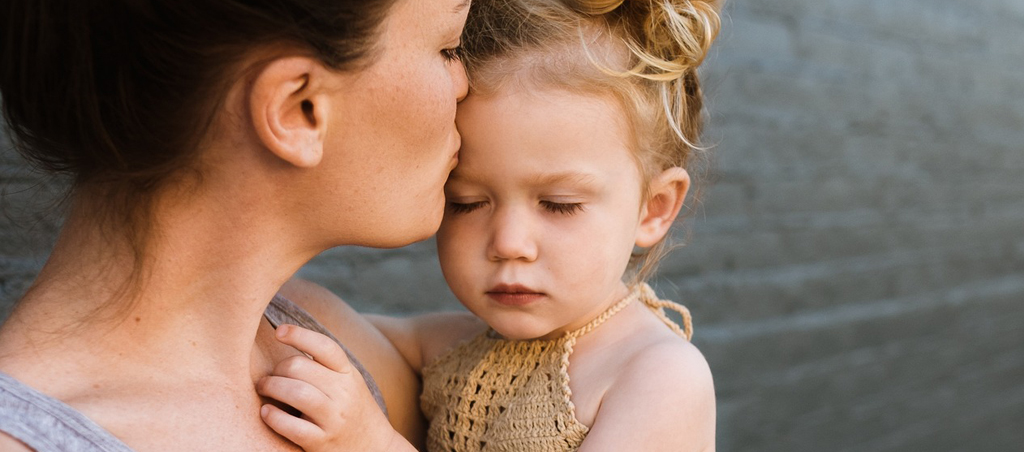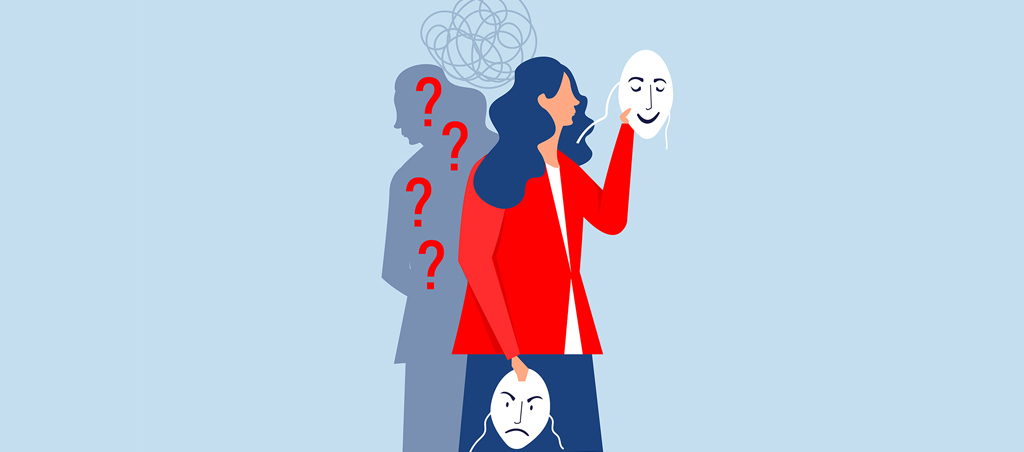If you’ve read all my posts you know that I sometimes write about the amazing women who talk to me at my lectures, or who email me their stories about wanting to wrap in more joy in the face of life’s hurdles. And how I thought of them so much as I test drove all the strategies I write about in The Last Best Cure.
In a word it’s called empathy. And a new study about empathy came out today that reminded me of one of the major reasons why I write about health science.
Guess who is most likely — of all the folks on the planet — to feel most empathy for the suffering of those around them? If you are a female with a lot of female friends you probably know the answer. Women in mid-life are most likely to feel and identify with the pain of others. Researchers write in the January 30 issue of Psychology & Psychiatry that after studying 75,000 adults, they found that middle-aged women are more empathic than men of the same age and than younger or older people.
Another study on age and empathy in the Journals of Gerontology: Psychological and Social Sciences found that women in mid-life also react more emotionally to the experiences of others, and we are more likely to understand how things “look from the perspective of others.” That’s why watching Mary Todd and Lincoln talk about their dead son Willy in Lincoln (I cite that because it’s the only big movie I’ve had time to see this Oscar season!) is so much more moving to the 50-year-old woman sitting in the audience than to anyone else, and seeing a new mom coo back and forth with her new baby in motherspeak brings up such a welling in the chest.
Younger and older adults report feeling less empathy across the board.
I think I know why that is. I think it’s because as women in mid-life we have or have almost raised our children and we have lived a long way now feeling deeply for other individuals, imagining how things feel from their perspective, when they are tiny and can’t speak, or when they are 15 and won’t speak. Imagining what those we care so much about feel — really, the ability to imagine another person’s soul — becomes part well-honed muscle, part art. Either way it’s a gift. And a portal to experiencing the depth and beauty of life in a way we might not otherwise. That’s not a portal you stop being able to walk through.
We get what it means to want something better for someone who needs it and might not even know what it is they need. But whatever it is, this heightened empathy muscle is also why women are the ones who show up with a meal when someone is sick, and it’s why I wrote The Last Best Cure. It’s also why I wrote The Autoimmune Epidemic. Something in me just wants all the women — and men! — who feel anxious or sad or just plain tired out or sick or sick of it or sick of dealing to feel something different. To have a crack at something more. At more joy.
